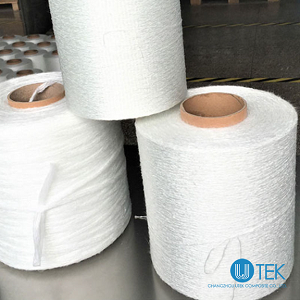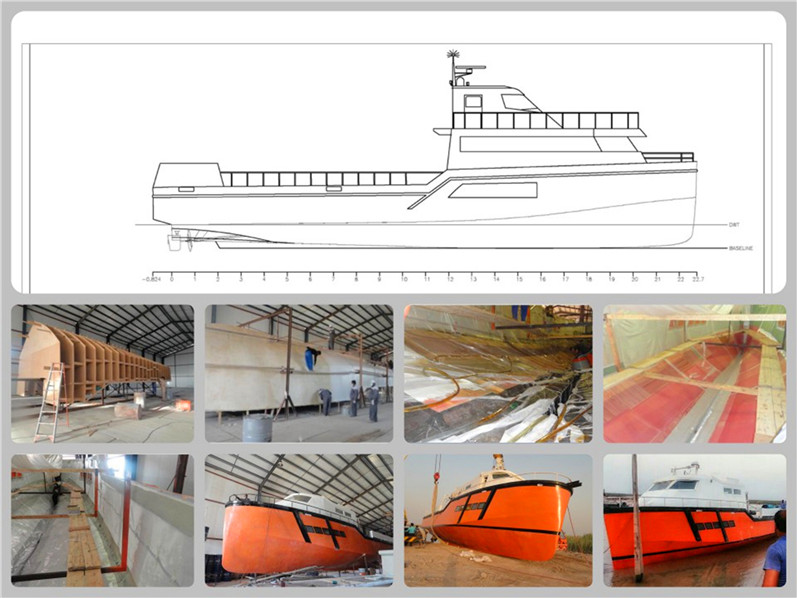How Does Textured Fiberglass Enhance Structural Integrity and Durability?

Textured fiberglass has become a sought-after material in various industries due to its remarkable properties that enhance structural integrity and durability. From construction to automotive engineering, this versatile material offers a range of benefits that make it an excellent choice for demanding applications. In this article, we will delve into the features of textured fiberglass that contribute to its strength and longevity and explore how it reinforces structures and products to withstand the test of time.
Resilient Fiber Matrix:
A strong fiber matrix, typically made of glass strands, is at the core of textured fiberglass. This matrix is responsible for imparting exceptional tensile strength to the material. By intertwining the fibers in various orientations, manufacturers can tailor the matrix to suit specific applications, ensuring optimal load-bearing capacity and structural integrity.
Impact Resistance and Fracture Toughness:
One of the key advantages of textured fiberglass is its remarkable impact resistance and fracture toughness. The textured surface adds an extra layer of reinforcement to the fiberglass, dispersing stress and preventing cracks from propagating. This property makes it ideal for applications where resistance to impacts and sudden forces is critical.
Bonding with Resins:
Textured fiberglass is commonly used with resin matrices, such as epoxy or polyester. The textured surface increases the bonding area between the fiberglass and the resin, resulting in a stronger and more durable composite material. This bond creates a cohesive structure that withstands various environmental conditions and mechanical stresses.
Corrosion Resistance:
Unlike traditional materials like steel or wood, textured fiberglass is highly corrosion-resistant. This property makes it an excellent choice for applications in harsh environments, including marine and chemical industries. The material's resistance to rust and degradation ensures long-term structural integrity, even in challenging conditions.
Fatigue Resistance:
Fatigue failure is a significant concern in many structural applications. Textured fiberglass exhibits excellent fatigue resistance, making it ideal for components subjected to repetitive loadings, such as bridges, wind turbine blades, and aerospace structures. Its ability to withstand cyclic stresses contributes to the longevity of the products it reinforces.
Textured fiberglass is a reliable and robust material that enhances structural integrity and durability across various industries. Its resilient fiber matrix, impact resistance, strong bonding with resins, corrosion resistance, and fatigue resistance all contribute to its exceptional performance in demanding applications.


















